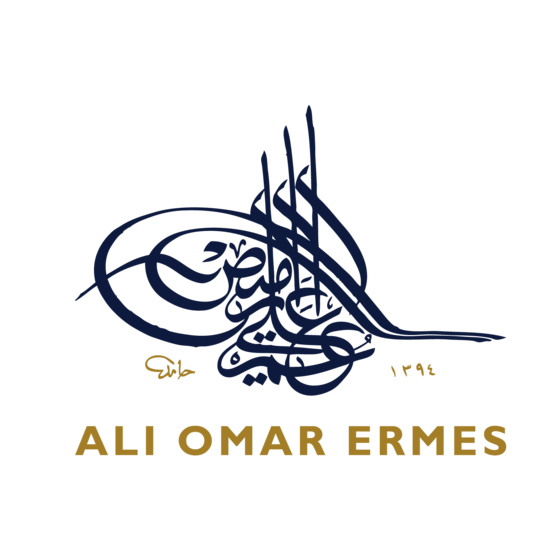Ahaje Juha: The Enduring Legacy of Humor and Wisdom
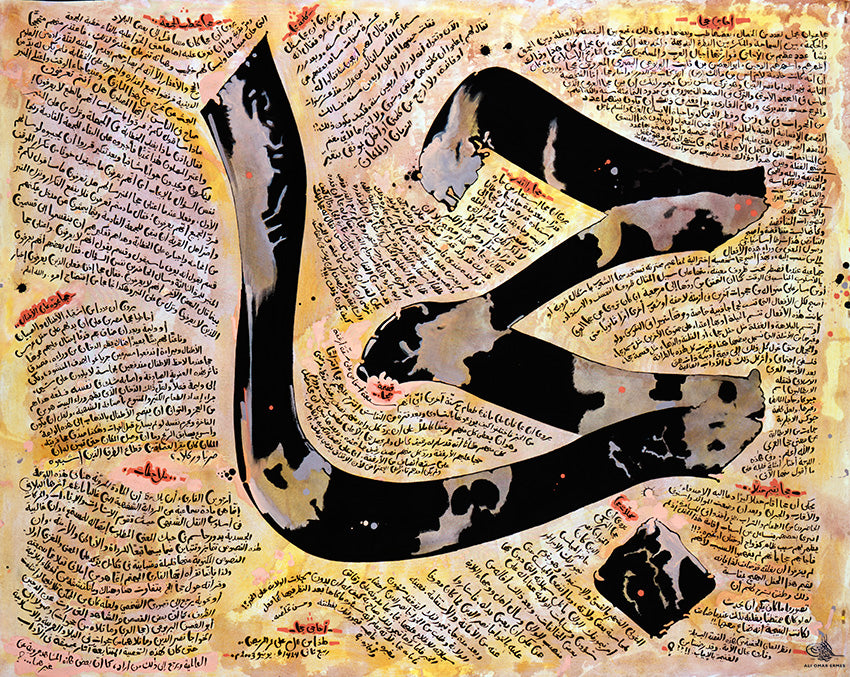
"Ahaje Juha: A Celebration of Humor and Wisdom" is an artwork that pays tribute to the enduring legacy of Juha, a beloved figure in Arabic literature known for his wit and wisdom. Juha's name has become synonymous with humor, and his influence can be seen in the many different cultures and societies that have embraced his wit and irreverent sense of humor over the centuries.
This artwork, created in 2003, celebrates Juha's enduring legacy and the many talented individuals who have followed in his footsteps. From Al Khawaja Nusserudin to the Italian Jokha and beyond, Juha's wit and wisdom have inspired generations of people to find the humor in life's challenges and to embrace the power of laughter as a means of coping with the ups and downs of life.
Measuring 152cm x 124cm and crafted from acrylic on paper mounted on canvas, "Ahaje Juha: A Celebration of Humor and Wisdom" is a vibrant and memorable artwork. It currently resides with a private collector, where it continues to inspire and engage the viewer's imagination.
Here is an example poem celebrating the enduring legacy of Juha:
Juha, the master of wit and wisdom
His words have inspired and delighted
For centuries and across cultures
He has been a beacon of laughter
In times of joy and times of sorrow
We are forever in his debt
For the gift of his humor and insight
And here is an example of a poem exploring the power of laughter as a means of coping with life's challenges:
Laughter is the best medicine
It can lift us up when we are down
It can bring joy to the darkest of days
And bring light to the most troubled of hearts.
Leave a comment
Also in ARTWORKS IN PRIVATE COLLECTIONS
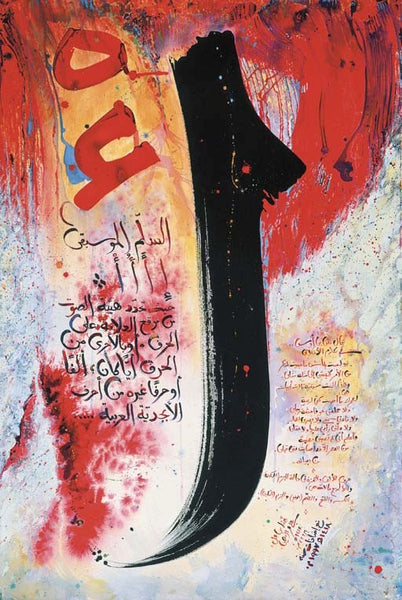
Alif Sucoon
The poem written by Muaan Ibn Aws, one of the most influential poets in Arabic literature, speaks out against corruption and social decay, declaring the poet's stance on honor. The artwork captures the emotion and urgency of the poem, inviting the viewer to consider their own values and beliefs."
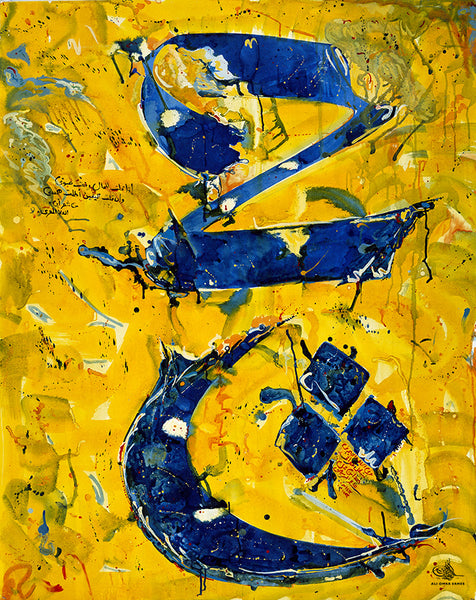
Tughra: Whispers of Wisdom: An Artistic Tribute to Abul Ala Al Ma’arri
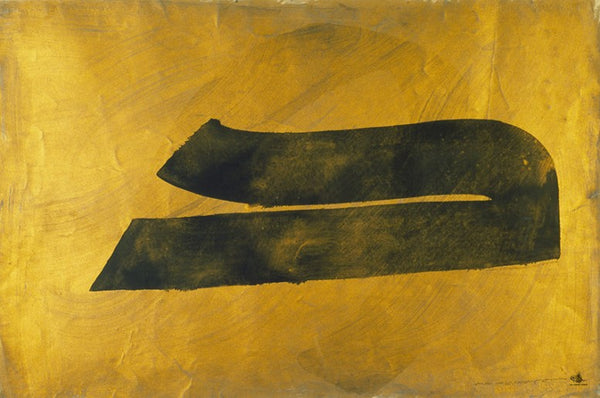
Harf Ul Dal
This breathtaking piece by Ali Omar Ermes showcases the versatility and depth of the Arabic language through the use of a single stroke technique. Through this technique, Ermes is able to convey a range of emotions and expressions that range from the simplest and most direct to the most complex and nuanced.
